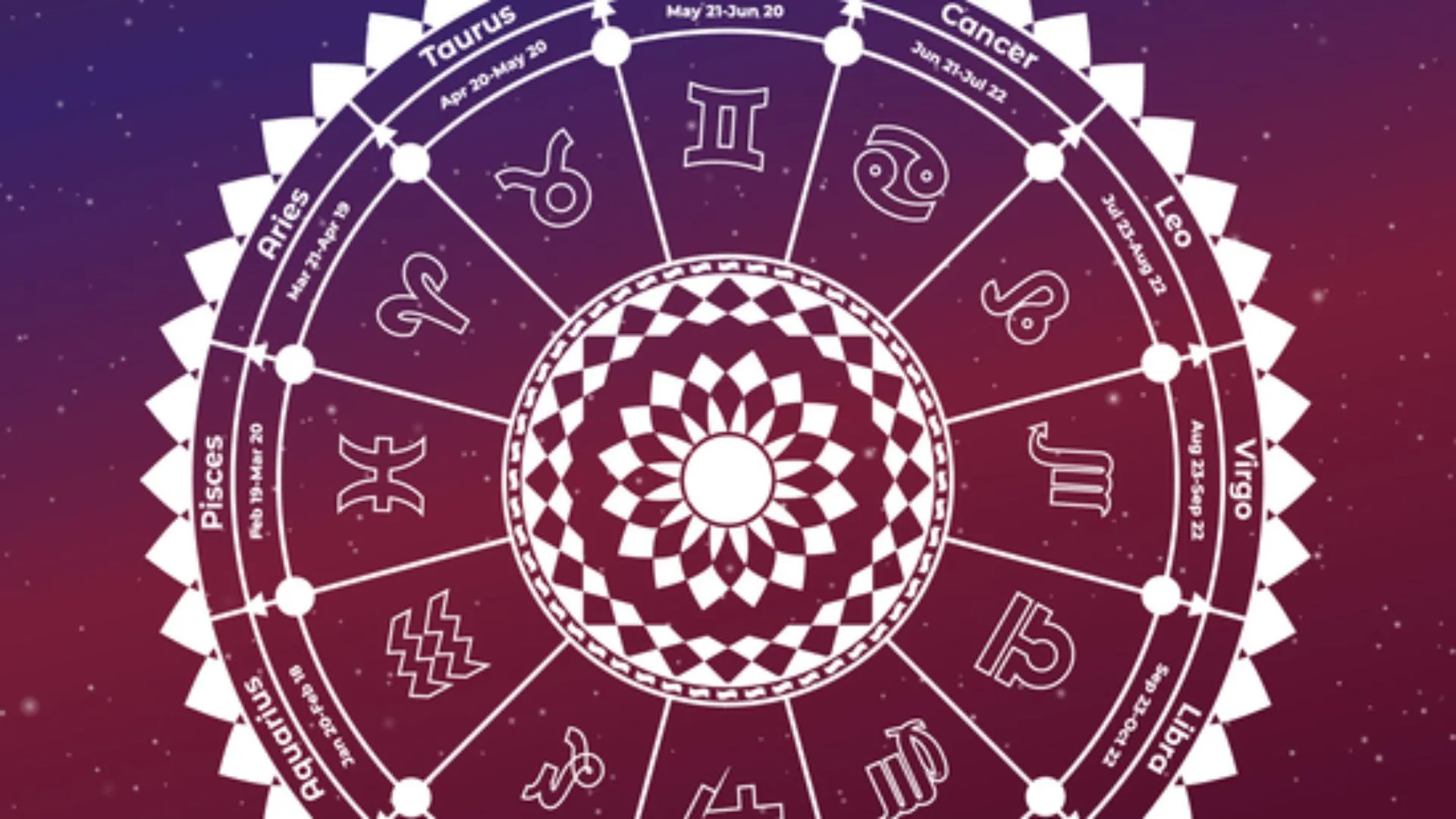In a moment that marks the close of an era, Justin Trudeau has announced his resignation as Canada’s Prime Minister, stepping down after nearly a decade in office. Trudeau, who rose to power in 2015, reshaped Canadian politics, bringing a fresh face and progressive values to the forefront. However, as the political landscape shifted, so did the public’s view of Trudeau.
Born on Christmas Day in 1971, Trudeau was no stranger to the public eye. As the son of former Prime Minister Pierre Trudeau, Justin grew up surrounded by political prominence and the weight of his family’s legacy. He attended French immersion schools and later studied at McGill University in Montreal. His political journey was deeply rooted in his Montreal base, where he represented the Papineau riding for five consecutive terms.
Despite his early successes, Trudeau’s leadership faced mounting challenges, from skyrocketing costs of living to strained international relationships. His government’s ambitious policies on climate change, carbon tax, and immigration were met with both praise and criticism. The COVID-19 pandemic and the turbulent years of Donald Trump’s presidency tested Trudeau’s resolve, as did his handling of the housing crisis.
Now, as he steps down, Trudeau leaves behind a party in disarray and a nation at a crossroads. His resignation comes at a time when the Liberal party faces growing internal pressure, and polls show an uphill battle in the upcoming elections.
Trudeau’s political career was defined by hope, charisma, and a desire to make Canada more inclusive. Yet, as his time as Prime Minister ends, his legacy will remain complex, with both triumphs and tribulations that shaped Canada’s modern era.
ALSO READ: Canadian Prime Minister Justin Trudeau Steps Down As Liberal Party Leader





















